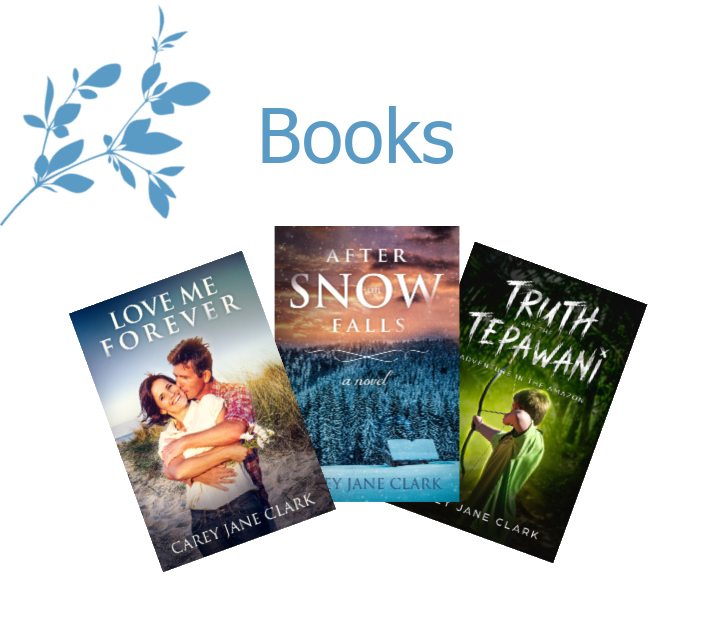When I was a kid, I loved poetry. I still remember a poem that was one of my favorites as a child. It actually features in my work in progress. The main character is reciting it on her way home from school, partly to ward off her fear of walking home alone.
Here is that poem, being recited by the poet himself.
There are a lot of things I feel were substandard about my own education, but the instilling of the love of poetry is not one of them. I was encouraged to keep anthologies of my favorite poems—a part of the curriculum I adored. And somewhere along the line, I fell in love with the poetry of Robert Frost. I can still recite one or two of my favorites.
Not everyone is into poetry, and I get that. But poetry actually has a number of benefits that make the love of it something worth pursuing.
Why Poetry is Important
While memorization has all but fallen by the wayside in educational circles today, there is a reason it formed the basis of education in years past: it worked. It worked and it developed children’s brains in a positive way. I won’t reinvent the wheel here. Andrew Padewa has an excellent audio presentation about the value of learning poetry and how to do it right that I highly recommend.
Here are a few great reasons I believe it’s important to learn poetry:
- It neurologically grows the brain – The act of memorizing–anything–creates a neurological framework that helps the brain learn. This is one reason that music and drama students perform higher on tests like the SAT.
- Poetry is easy to memorize – If you’re going to memorize something, poetry makes a good candidate because it’s easier to internalize. The rhythms and rhyme make them easier to remember. This is one of the reasons we teach our children nursery rhymes.
- It’s engaging for children—of all ages – Children respond naturally to poetry. Like songs, poetry appeals to their sense of fun.
- Learning poetry stores a sense of the beauty of language – One thing I’ve been consistently told about my writing is that I write “poetically.” While this comment at first baffled me, I now credit that propensity to the large amounts of poetry I learned as a child, and the love I acquired for it. Most people will recommend that in order to develop an appreciation of literature and an ability to produce it you should read, read, read. I don’t argue with this assertion, but I would add to it the recommendation that you read poetry. Its rhythms and cadence stay with you.
- It expands vocabulary – Because poets have to stretch the language in order to accommodate the constricts of rhythm and rhyme, they employ a high proportion of higher-level vocabulary. In a short poem, you are likely to encounter several words your children have never heard before.
- Poetry affects the brain like music – This is actually a somewhat common-sense finding, but scientists nevertheless did a study about it. They employed brain scans to observe people’s brains as they read poetry. What they noticed was that the poetry accessed areas of the brain related to numerous different areas: the reading part of the brain was activated, of course, but so were emotional centers, centers for introspection, memory (if the poem had previously been memorized) as well as centers normally responsible for our response to music. In short, poetry is some powerful stuff!
But what if you still don’t “get” poetry?
Mensa Kids’ “A Year of Living Poetically,” has a valuable introduction on how to enjoy and learn a poem. It’s a great place to start.
Do you enjoy poetry? Do you have a favorite poem?


